Related Research Articles

The Bank of England is the central bank of the United Kingdom and the model on which most modern central banks have been based. Established in 1694 to act as the English Government's banker, and still one of the bankers for the Government of the United Kingdom, it is the world's eighth-oldest bank. It was privately owned by stockholders from its foundation in 1694 until it was nationalised in 1946 by the Attlee ministry.
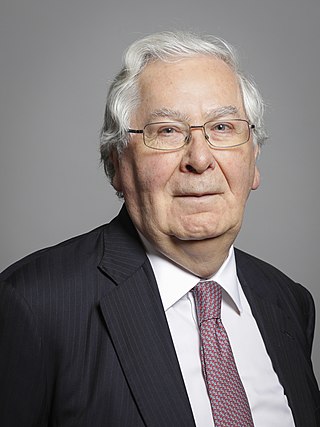
Mervyn Allister King, Baron King of Lothbury is a British economist and public servant who served as the Governor of the Bank of England from 2003 to 2013. He is a School Professor of Economics at the London School of Economics. He is also the Chairman of the Philharmonia.

William Jones Lowndes was an American lawyer, planter, and politician from South Carolina. He represented the state in the U.S. Congress from 1811 to May 8, 1822, when he resigned for health reasons.
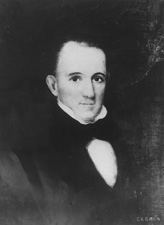
Arthur Pendleton Bagby was an enslaver and the tenth Governor of the U.S. state of Alabama from 1837 to 1841. Born in Louisa County, Virginia, in 1794, he studied law and was admitted to the bar in 1819, practicing in Claiborne, Alabama. He was a member of the Alabama State House of Representatives in 1821, 1822, 1824, and 1834–1836, serving as the youngest-ever speaker in 1822 and 1836, and he served in the Alabama State Senate in 1825. He served in the U.S. Senate from November 21, 1841, when he was elected to fill the vacancy caused by Clement C. Clay's resignation, to June 16, 1848, when he resigned to become Minister to Russia from 1848 to 1849.

Thomas Willing was an American merchant, politician and slave trader who served as mayor of Philadelphia and was a delegate from Pennsylvania to the Continental Congress. He also served as the first president of the Bank of North America and the First Bank of the United States. During his tenure there he became the richest man in America.

William Hendricks was a Democratic-Republican member of the House of Representatives from 1816 to 1822, the third governor of Indiana from 1822 to 1825, and an Anti-Jacksonian member of the U.S. Senate from 1825 to 1837. He led much of his family into politics and founded one of the largest political families in Indiana. He was the uncle of Thomas Andrews Hendricks, who was also Governor of Indiana and Vice President of the United States. Hendricks County was named in his honor. His term as governor was spent repairing the state's finances to later enable large scale internal improvements. The establishment of the basic framework of the state's public school system and the transfer of the capital from Corydon to Indianapolis also occurred during his term.

Samuel Bell was an American politician and lawyer who served as the eighth governor of New Hampshire from 1819 to 1823, and as the United States Senator for New Hampshire from 1823 to 1835.
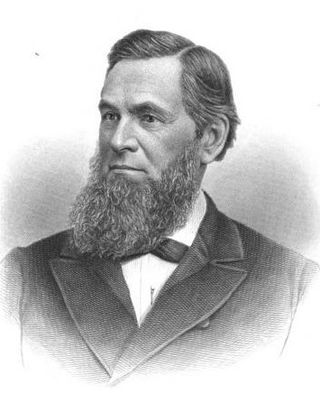
Samuel Whitney Hale was an American manufacturer and Republican politician in the U.S. state of New Hampshire. He served as a member of the New Hampshire House of Representatives and as the 39th governor of New Hampshire.
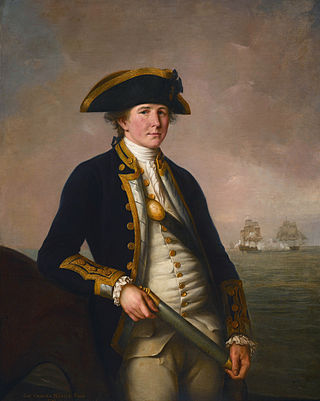
Admiral of the Fleet Sir Charles Morice Pole, 1st Baronet GCB was a Royal Navy officer, colonial governor and banker. As a junior officer he saw action at the siege of Pondicherry in India during the American Revolutionary War. After taking command of the fifth-rate HMS Success he captured and then destroyed the Spanish frigate Santa Catalina in the Strait of Gibraltar in the action of 16 March 1782 later in that War.

John Quincy Adams Brackett was an American lawyer and politician from Massachusetts. A Republican and temperance advocate, he served one term as the 36th Governor of Massachusetts, from 1890 to 1891. Born in New Hampshire and educated at Harvard, he practiced law in Boston before entering politics.

Joseph Lycett was a portrait and miniature painter, active in Australia. Transported to Australia for forging banknotes, Lycett found work in the colony as a painter specialised in topographical views of the major towns of Australia, and some of its more dramatic landscapes.
Samuel Hurd Walley was a Massachusetts businessman and politician who served as Speaker of the Massachusetts House of Representatives and as a member of the U.S. representative from Massachusetts.
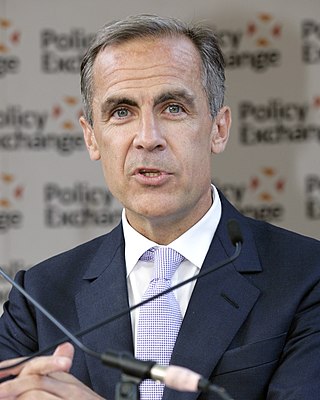
Mark Joseph Carney is a Canadian economist and banker who served as the governor of the Bank of Canada from 2008 to 2013 and the governor of the Bank of England from 2013 to 2020. Since October 2020, he is vice chairman and head of Impact Investing at Brookfield Asset Management. He was the chair of the Financial Stability Board from 2011 to 2018. Prior to his governorships, Carney worked at Goldman Sachs as well as the Department of Finance Canada.
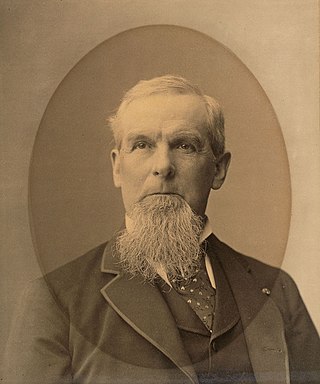
Frederick Robie was an American physician and politician who most notably served as the 39th Governor of Maine.
Kirkman Daniel Hodgson, JP was an East India merchant and banker, becoming a partner in the merchantile firm of Baring Brothers and Co. He later became Deputy Governor and Governor of the Bank of England (1863–1865) and a Member of Parliament in the United Kingdom. He first stood in Bridport in 1857 to 1868 and later stood in the constituency of Bristol after winning a by-election in 1870 and retaining the seat in the 1874 General Elections. His resignation triggered the 1878 Bristol by-election.
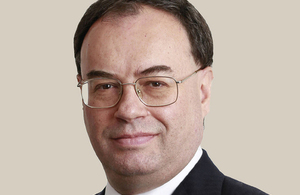
Andrew John Bailey is a British central banker who has been Governor of the Bank of England since 16 March 2020.
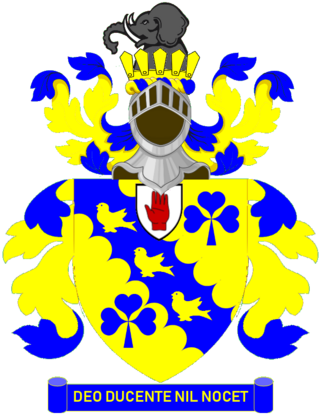
Sir John Henry Pelly, 1st Baronet, DL was an English businessman. During most of his career, he was an employee of the Hudson's Bay Company (HBC), serving as Governor of the HBC for three decades. He held other noteworthy offices, including Governor of the Bank of England. The title of Baronet Pelly was created for him.

David M. Camp was a Vermont attorney and politician who served as the 12th lieutenant governor of Vermont from 1836 to 1841 under Governor Silas H. Jennison.
Cornelius Buller was an English banker who served as Governor of the Bank of England from 1824 to 1826. He had been Deputy Governor from 1822 to 1824. He replaced John Bowden as Governor and was succeeded by John Baker Richards. Buller's tenure as Governor occurred during the Panic of 1825.

The 1822 New Hampshire gubernatorial election was held on March 12, 1822.
References
- ↑ Governors of the Bank of England. Archived 12 February 2012 at the Wayback Machine Bank of England, London, 2013. Archived here. Retrieved 19 March 2016.